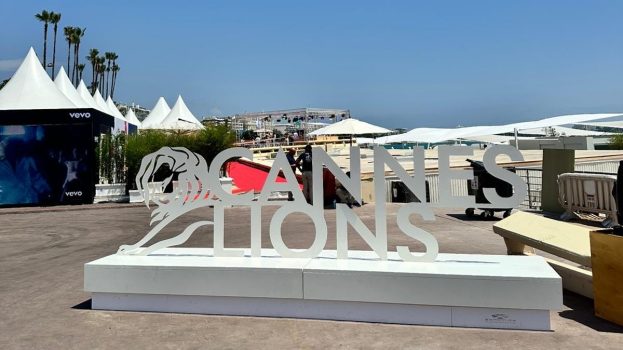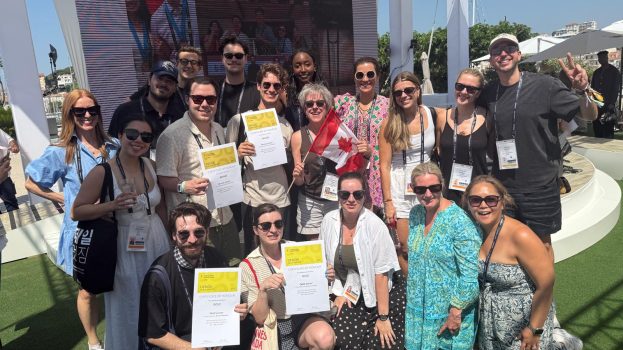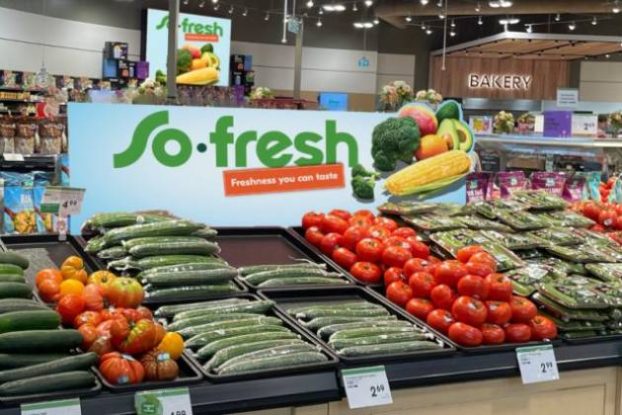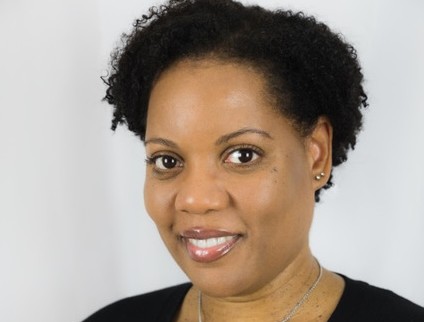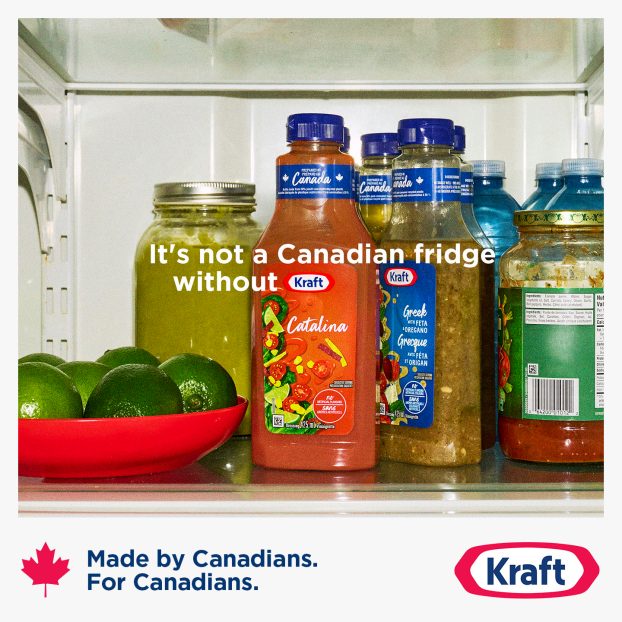The Agency of the Year videos have become something of a tradition within Canada’s ad industry, with shops poking fun at each other and trends in the industry, and sometimes even drawing attention from outside the country.
But one video that struck a nerve this year is Zulu Alpha Kilo’s “Say No To Spec.”
“We’ve had a lot of fun with the videos before, but when we sat down to do it this year, we wanted to focus on something that was unique to us,” says Zak Mroueh, founder and CCO at Zulu Alpha Kilo, which has had a “no spec” policy for the past five years. “I knew that it could be risky, because we know from experience it could put some people off, and I knew it would get a reaction and be talked about locally, but I didn’t think it would get a worldwide reaction.”
[iframe_youtube video = “essNmNOrQto”]
The video (which was created by Zulubot, the agency’s in-house content creation department) was uploaded the morning after strategy’s Agency of the Year awards show, gaining more than 500,000 views in its first 48 hours and currently nearing a million. It has been picked up not only by advertising and marketing press, but by publications covering other creative industries and mainstream outlets across North America and around the world.
Mroueh penned a blog post on the subject, which was published on Medium last Friday and laid out why he believes spec work is damaging not just for agencies, but also for the clients. The post covers everything from why it’s bad for clients’ bottom line to unfairly pulling resources from existing clients to it not being an accurate reflection of the kind of work an agency can provide. That post has also been published on a “#SayNoToSpec” website Zulu acted fast to create, which has been pulling reactions from creatives, clients and people in various other industries from social media.
Zulu instituted its “no spec” policy after only two years in business, a risky move for a young agency. In the blog post, Mroueh points out that, even though the policy has meant walking away from almost 80% of RFPs the agency receives, it has also resulted in some clients changing their RFP process so that Zulu could participate.
“We don’t want to divert the resources our current clients give us to do free work for future clients,” Mroueh says. “It’s not fair, and a big reason of why our clients love us is because we don’t do that. It’d be great if the process changed because of this. It might hurt us because that’s a point of difference for us, but I don’t mind that because it would change the industry for the better and be a win-win for everyone.”
“The ultimate blame lies with the agencies, because we’re the enablers,” he adds, going against how some sharing the video have directed blame at clients. “I think the holding companies put a lot of pressure on their agencies to keep growing, but also to win awards. So the agencies are constantly pitching, and never being in a place where they can say no, but also doing it for free to get awards. It’s a horrible cycle.”
Recently, Zulu pitched for a new client in an up-and-coming category. After the agency won the pitch, a multinational shop made an offer to work for the client for free, and Zulu was asked to match the offer.
“That same agency is going to complain about fee reductions after they just devalued themselves, and once they have their Gold Lion, they’re probably going to resign the business,” Mroueh says. “That leaves the client having an expectation that those of us in the industry should devalue our work, because who would say no to that?”
The video has also resonated with those in other creative fields, who are all too used to being told a project will not be done for pay, but for “experience” and “exposure.” While “#SayNoToSpec” mirrors some of the frustrations non-advertisers might feel, Mroueh points out that working on spec is an issue most damaging to the ad industry and clients looking for long-term partners.
“This is purely about pitching because our point of view is the speculative bidding process isn’t correct,” Mroueh says. “Absolutely, if you have a relationship with a client, you should add value and work together and be proactive with your work, but this is more about the clients you don’t have and trying to woo them this way. Any agency in this day-and-age can do decent work, but there are a lot more factors that decide a good, long-term partnership that aren’t represented in spec.”
Think there are benefits to saying yes to spec? Email strategy‘s news editor Harmeet Singh at hsingh@brunico.com



